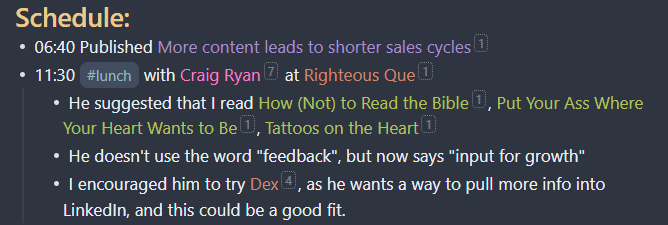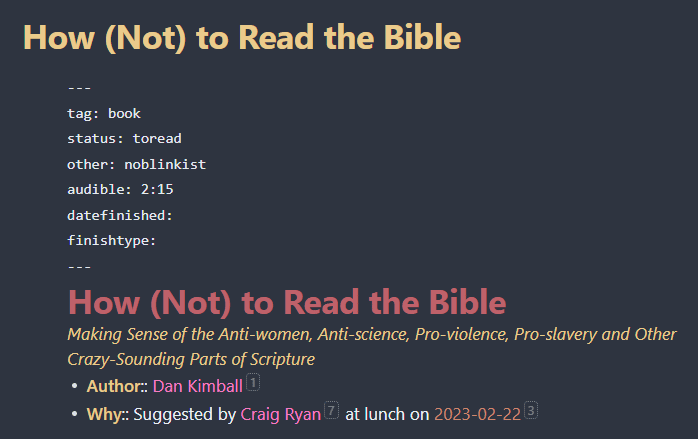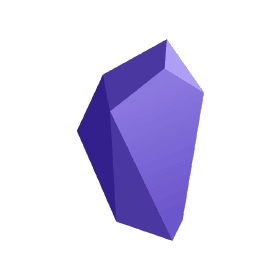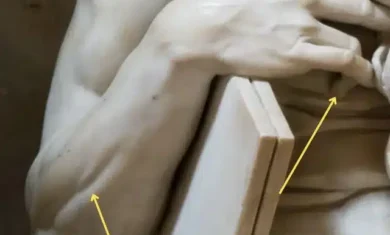As I’ve shared before, I’m all-in on using Obsidian for my note-taking right now. I’m very happy with how things are set up, and it’s working very well for me.
As I’ve used various note-taking platforms over the years, I’ve grouped them together in different ways. One way I recently shared was Sync vs Saas (essentially cloud-based vs local on your computer), but another way to split them is with systems that require tending and those that don’t.
At some level, this question doesn’t really matter. With any system you can choose to carefully garden it or not, and that will affect your level of results. However, I think certain tools simply need a higher level of care.
Evernote, for example, doesn’t. You can just dump notes in there, sort them into folders, and search when needed. Some care and feeding is helpful, but less important.
With Obsidian, though, that care and feeding is much more essential. It relies on those inter-note links, and without those the value drops quickly.
I enjoy tending my notes
In the last week I’ve had conversations with two different people regarding Obsidian in this manner, one on each side.
One person I had coffee with thought that tending your notes like that sounds tedious and boring, which I can respect. The other other thought it sounded like a great way to gain insight, and might be kind of fun. Both were right, as we’re all different.
Tending? Gardening?
At this point, some of you may be wondering what I’m even talking about. Notes are notes, right? Yes, but I take extra time with mine to make sure they’re well-organized so that they become more valuable in the future. I do this two ways:
First, I make sure to get them all in one place. For example, I use a Kindle Scribe (and previously a reMarkable) to take notes, but I process them out of there into Obsidian as soon as I’m able. For example, here is a video from a few years ago showing how I take notes from church and process them into my notes (the note tool at the time was Roam Research, which is similar to Obsidian).
Second, I mark them up as much as I can. After I had lunch with my friend Craig, I made note of some of the books he recommended, tagged a tool I suggested, and even where we ate:

I took it further, and went into each of those books and added some notes on them, like this example:

That’s the gardening I’m talking about. It only took another five minutes to add those notes, but it was a very intentional five minutes.
The next time I meet with him, I can reference these notes and see if he’s used Dex.
The next time I need a book to read, I’ll have these in my system with the reminder that he suggested them.
Some of the notes crossed into existing notes, such as other books by those authors, other times I’ve discussed Dex, and possibly other fun interactions that I’ll discover in the future, like this example from a few years ago.
Now that you know what I mean by gardening, you might think “that sounds awful!” and you might be right. If that doesn’t appeal to you, don’t do it. This is something you need to work on a little bit every day to get real value from it, and you can only force yourself for so long. If you don’t want to garden, then find a great tool like Evernote and just toss your notes in there. They won’t be quite as useful, but you’ll be much happier.
At the end of the day, the tool that is best for you is the tool that fits you best. I’ll continue to share how I use tools with my workflow, and always encourage you to leave comments on the tools that you prefer instead so we can all learn from one another.




